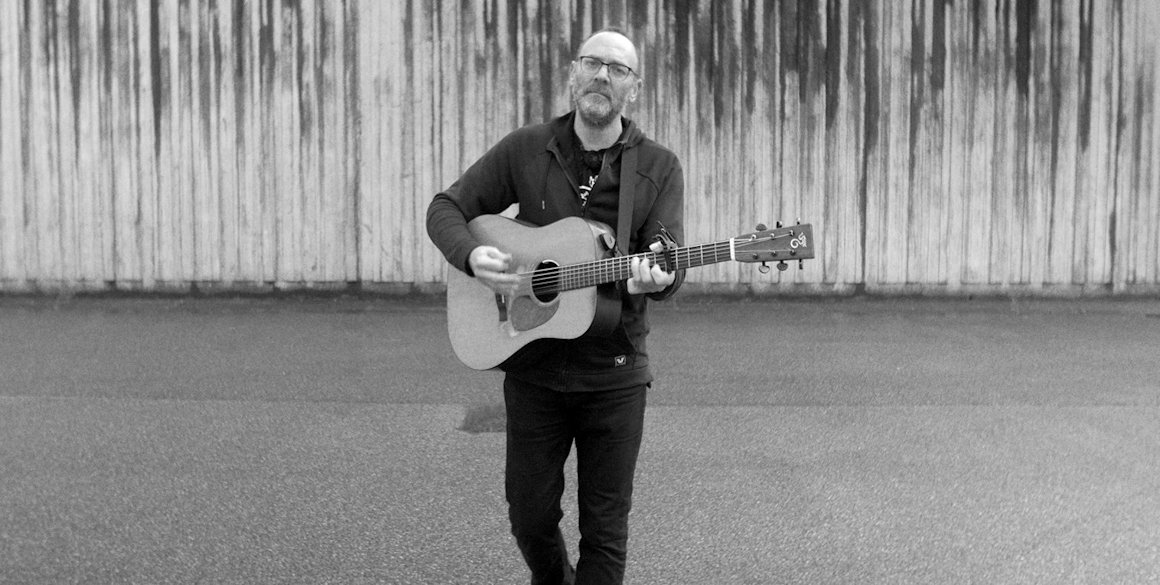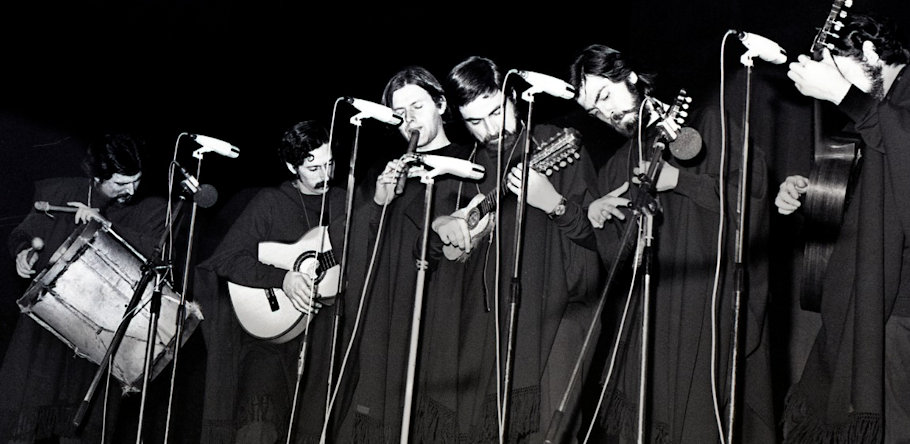Surviving R. Kelly, a new documentary by filmmaker and hip-hop writer, dream hampton, looks at the career of best-selling R&B crooner R. Kelly, who has been the subject of allegations of sexual abuse and misconduct since the 1990s. The six-part series, which aired on Lifetime Television in early January, garnered record viewing numbers for the network and has reignited calls for streaming services, radio stations, and record companies to disassociate themselves from the singer. The film’s chronological narrative of Kelly’s life is accompanied by interviews with survivors, including backup singers, fans, ex-girlfriends, and Andrea Kelly, his wife of 13 years and mother of his three children. Testimonies range from psychological abuse and physical assault to the rape of underage girls. Activists with #MuteRKelly, #MeToo, and Time’s Up renewed calls for pop superstar Lady Gaga to apologize for a 2013 collaboration with the singer. “Do What U Want (With My Body)” appeared on her chart-topping album “Artpop”. Gaga’s January 10th Twitter apology followed the airing of the film. She stated: “I stand by these women 1000%, believe them, know they are suffering and in pain, and feel strongly that their voices should be heard and taken seriously. I’m sorry, both for my poor judgement when I was young, and for not speaking out sooner.” Journalist Michelle Zacarias, a staff writer with People’s World, observes in a January 8 article that the fact that the majority of Kelly’s victims are young Black women “drastically changes the scope of the conversation”. Zacarias notes that, while Black women experience higher rates of intimate partner violence, rape, and homicide, they’re being left behind “at a critical point in the conversation regarding sexual violence”. Executive producer, dream hampton, is a Black feminist intellectual whose writings and films explore contemporary culture in the USA. For more info: www.dreamhampton.com
Spotify favours A-list pop stars
Since it was launched in 2008, the Swedish music streaming platform, Spotify, has become the leader in a field that has largely replaced CDs and has successfully challenged digital download platforms. While music streaming companies have been attacked by artists for the meagre royalties they generate, Spotify, as the biggest company, has been in the spotlight, denounced by stars like Taylor Swift and Radiohead’s Thom Yorke. But the impact of streaming royalties on the music industry has evolved since their criticisms were aired in 2013. At that time, artists were upset about Spotify’s payment formula and its two-tier subscriber base. In the early years most listeners opted to subscribe to a limited selection for free. In the past five years, however, Spotify’s paying subscriber base has risen from 6 million to 87 million. Today revenue from streaming is propelling music industry growth. Still, the average professional musician is not benefiting greatly from this revenue increase. Today the focus of streaming’s critics is not so much on the size of the royalty pie, but the formula that determines how the cash gets handed over. Companies like Spotify divvy up the distributable cash on a proportional basis, based on the popularity of individual tracks. If Drake gets 2% of Spotify subscriber plays in a given time period, he gets 2% of the cash. Obviously this benefits the big stars. A more equitable system would be ‘user-centric’, whereby accounts of all paying subscribers would be monitored for listening choices. If I pay $10 for a monthly subscription and only listen to, say, David Rovics, then the distributable portion of my money (about $7) would go to the lefty bard. The history of the recording industry demonstrates that musicians have always had to fight for their royalties when new technologies combine with new distribution platforms. The struggle continues.

Topic Records celebrates 80 years
British folk music label Topic Records is celebrating its 80th anniversary. The company, which grew out of the Communist Party-affiliated Workers’ Music Association, is the world’s oldest independent record label. Topic began as a mail-order operation that offered left-wing British music, and recordings from the USSR. It expanded after World War II, when two key figures – singers Ewan MacColl and A.L. Lloyd (both communists) – became heavily involved. MacColl and Lloyd were far-sighted cultural organizers who did much to prepare the way for the folk music revival of the sixties. That upsurge was manifested in dozens of Topic releases by a host of artists who are revered today, including Peggy Seeger, Pentangle, June Tabor, Dick Gaughan, Anne Briggs, Martin Carthy, and the Watersons. Topic Records continues to flourish. During this anniversary year, in addition to the usual new releases, there will be a series of expanded, deluxe reissues of landmark albums. In late May Topic will release “Vision and Revision: The First 80 Years of Topic Records” – a double CD featuring prominent contemporary British folk artists, each performing a song chosen from the label’s back catalogue. For more info: www.topicrecords.co.uk.




